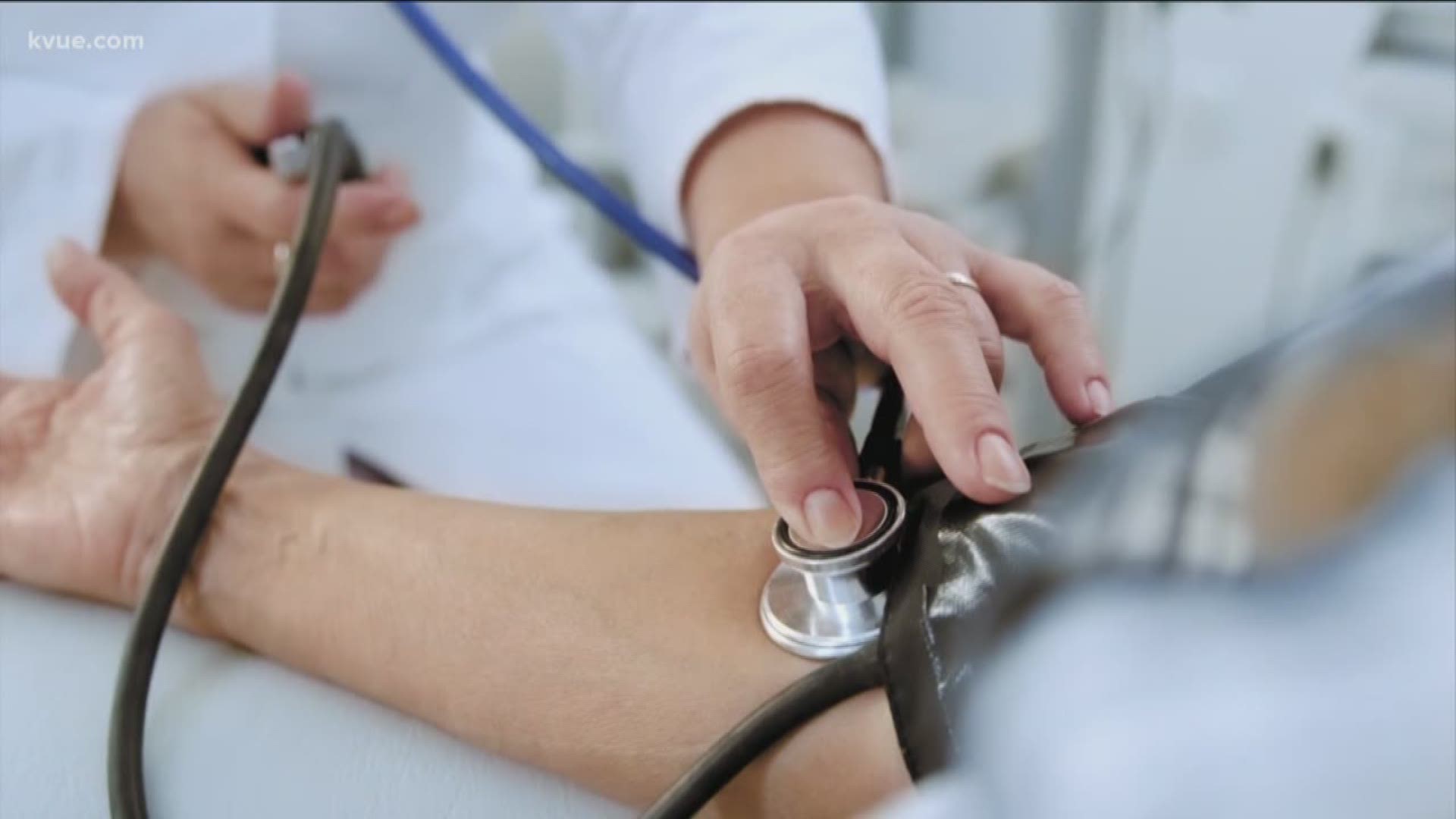AUSTIN, Texas — After a KVUE Defenders report in February highlighted the dangers of surgical mesh devices, the U.S. Food and Drug Administration has ordered manufacturers to stop selling the products in question immediately.
On April 16, the FDA ordered the manufacturers of surgical mesh products used for the transvaginal repair of pelvic organ prolapse (POP) to stop selling and distributing their products in the U.S. This order is just the latest in a series of new safety actions related to protecting the health of thousands of women who undergo transvaginal surgery to repair POP every year.
According to a press release from the FDA, the administration determined that the manufacturers Boston Scientific and Coloplast have not exhibited a reasonable assurance of safety and effectiveness for the devices, which is a premarket review standard that has applied to them since 2016. Since then, manufacturers have been required to submit premarket approval applications, the agency's most stringent form of reviewing the devices, in order to continue the sale of their devices in the U.S.
These companies will now have 10 days to submit their plans to withdraw the products from the market.
RELATED:
“In order for these mesh devices to stay on the market, we determined that we needed evidence that they worked better than surgery without the use of mesh to repair POP. That evidence was lacking in these premarket applications, and we couldn’t assure women that these devices were safe and effective long term,” said Jeffrey Shuren, M.D., director of the FDA’s Center for Devices and Radiological Health. “Patient safety is our highest priority, and women must have access to safe medical devices that provide relief from symptoms and better management of their medical conditions. The FDA has committed to taking forceful new actions to enhance device safety and encourage innovations that lead to safer medical devices, so that patients have access to safe and effective medical devices and the information they need to make informed decisions about their care.”
Surgical mesh has been used since the 1950s by surgeons who are tasked with repairing abdominal hernias. Starting in the 1970s, gynecologists began implanting surgical mesh for abdominal repair of POP. By the 1990s, surgical mesh was used for the transvaginal repair of POP. In 2002, the first mesh device for transvaginal repair of POP was cleared for use as a class II moderate-risk device. It has been deemed high-risk since 2016.
According to the FDA, about one in eight women has surgery to repair POP over her lifetime. A subset of these surgeries will be completed transvaginally using surgical mesh. In recent years, the percentage of women undergoing transvaginal POP mesh procedures has decreased after the FDA began issuing warnings about the risks.
The FDA reports that two manufacturers have been marketing three different surgical mesh products for transvaginal repair of POP. After reviewing the premarket approvals submitted by both manufacturers, the FDA determined they failed to provide an adequate assessment for the long-term safety of the devices. They also failed to demonstrate an acceptable long-term benefit of these devices when compared to transvaginal surgical tissue repair without the use of mesh.
For more information from the FDA about the decision, click here.
If you have had experiences with medical device dangers, we encourage you to join the Medical Device Dangers Facebook group.
PEOPLE ARE ALSO READING:

